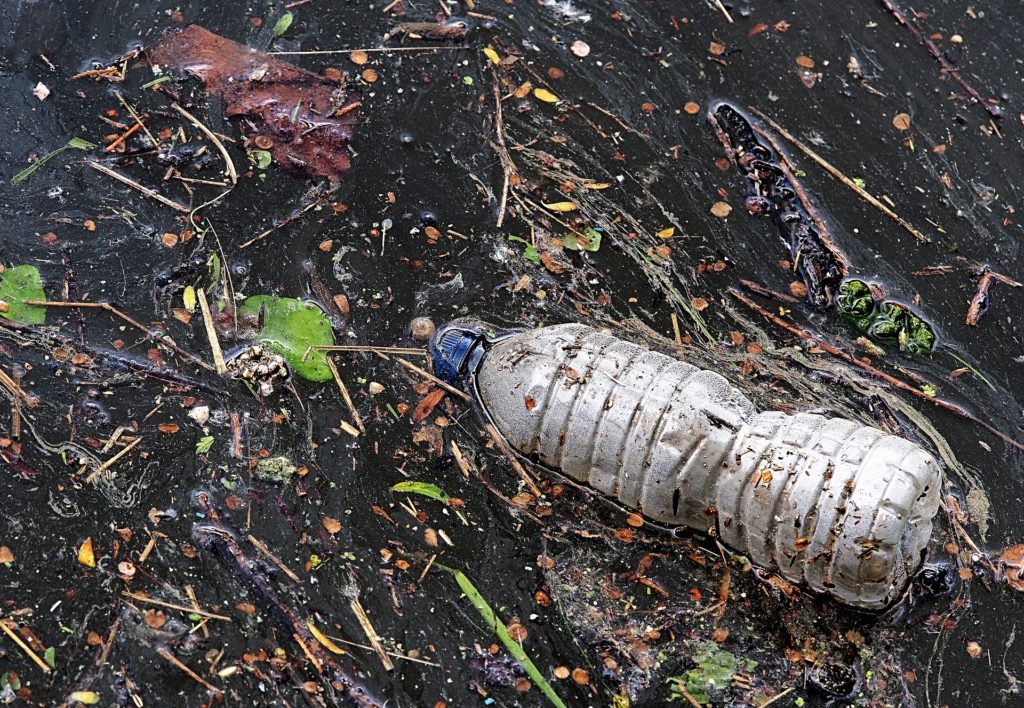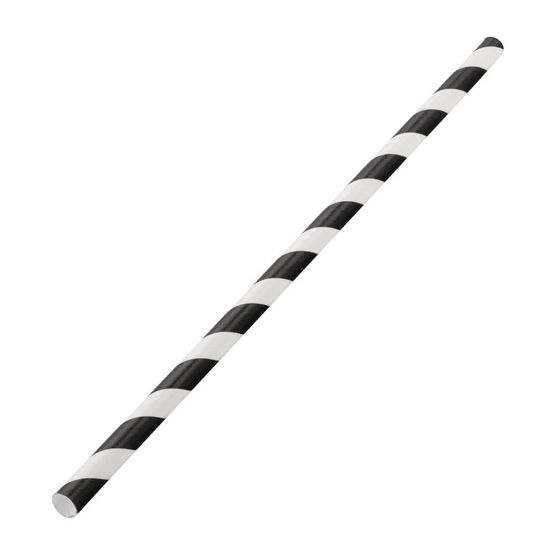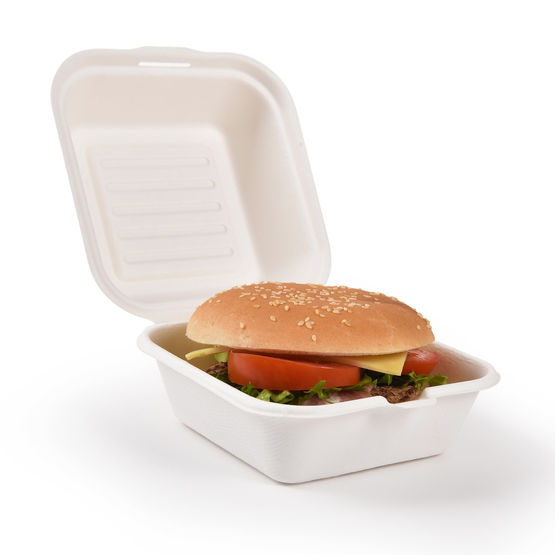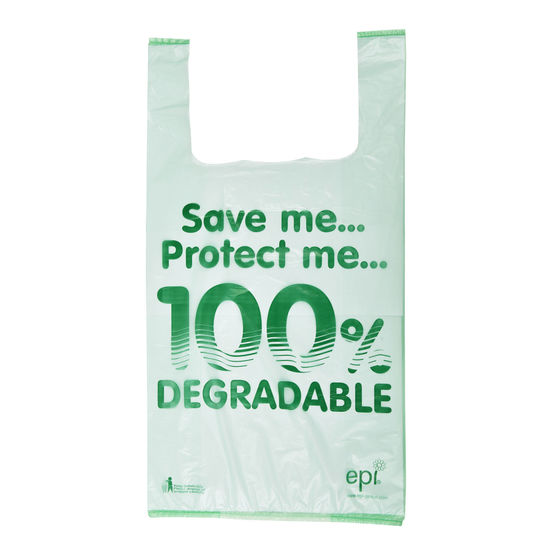Free UK mainland delivery on orders when you spend £100.00

Many catering and food service businesses are shifting from regular disposable products to more environmentally friendly options and here at Advanced Disposables we hope to support you with that switch. Keep reading for some vital information about the terms that you may come across such as "biodegradable," "degradable," and "compostable."
Biodegradable
Products that are Biodegradable can be broken down by organisms such as bacteria and fungi to produce natural elements i.e. carbon dioxide, water vapour and organic matter which is not harmful to the environment.
Regular packaging could take several hundred thousand years to break down, which would have a huge impact on the planet, whereas Biodegradable products will disintegrate much quicker because they are made from sustainable materials and plant by-products, such as corn starch or sugarcane.
Many people make the mistake of disposing of Biodegradable products with their regular rubbish which then ends up in landfill. When biodegradable products are dumped into landfill, they often become buried and the beneficial bacteria cannot survive because there is very little oxygen. This can be harmful to the environment due to the Methane, a greenhouse gas, that they produce. In order to prevent these greenhouse gasses from entering the atmosphere, it is better to dispose of Biodegradable products on a commercial compost heap or if this is not possible, send them to your local recycling plant.
Here are some examples of Biodegradable products that we supply:


Compostable
Usually made from plants and other organic materials, such as corn starch, or PLA plastic a product that is Compostable will naturally break down in a compost setting. However, there are two different ways that these types of products can be composted.
Commercially Compostable
Compostable packaging refers to its biodegradation and decomposition potential only in a commercial composting plant. Commercial composting facilities handle the packaging at high temperatures to accelerate plastic degradation (above 55 degrees, much higher than can be done at home.
Compostable at Home
Packaging classified as home compostable means the consumer can simply place the packaging along with fruit and vegetables on the home compost heap. If the packaging is advertised as home or domestically compostable, it means any part or material used in the packaging, including the printing ink and any adhesives used can decompose into organic soil. Compost heaps are bursting with microorganisms and produce high temperatures enabling products to quickly decompose.
In order for compostable products to break down, they must be disposed of correctly. Such types of products do not disintegrate quickly in conventional landfills and compostable materials should not be discarded into the garbage. It is worth bearing in mind that whilst many types of compostable products mimic the look of plastic looks, they shouldn't be recycled. This is because they are often non-recyclable and If a compostable object enters the recycling process it will contaminate the remainder of the batch.
Some examples of Compostable products that we sell:
Suitable for home composting:
Commercially Compostable:
Degradable
Degradable products are often oil-based, and they break down via chemical reactions rather than organically. Unlike biodegradable items, degradable plastics will decompose in anaerobic environments (without oxygen), such as landfills. However, they will not deteriorate completely, they break up into microscopic bits that may still affect the environment, for example; wildlife could ingest these pieces causing catastrophic issues within the food chain. Products typically take a great deal longer to degrade than biodegradable or compostable items do, to break down.
An example of a degradable that product we sell:

Products that are Biodegradable, Degradable and Compostable are usually made from different materials that will deteriorate under varying circumstances. Many of these eco-friendly disposable products are really similar with their design but can impact the environment in lots of different ways. We hope you have found this guide informative and you are ready to transition your business to be more sustainable for a greener future.
Sources:
https://www.webstaurantstore.com/blog/454/biodegradable-degradable-and-compostable-whats-the-difference.html
mochni.com/difference-between-home-compostable-and-compostable-packaging/